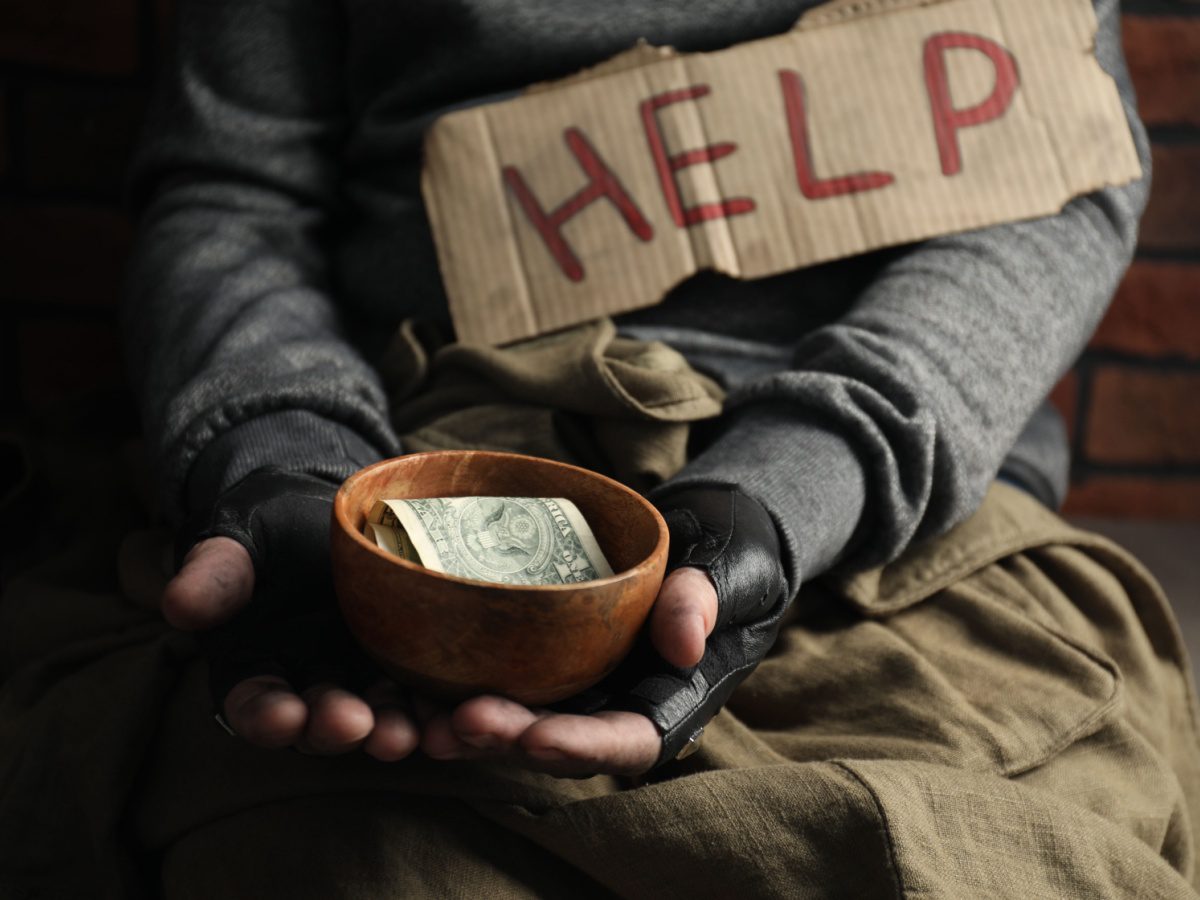
In the heart of Castle Rock, Colorado, a story unfolds that intertwines compassion, faith, and legal battles. Nestled on the outskirts of this town, The Rock Church stands as a beacon of hope for those grappling with homelessness. Behind the church, two donated RVs have become temporary sanctuaries for individuals like Joe Ridenour, who found himself without a home after losing his job during the pandemic. For Joe, the RV was more than just shelter; it was a lifeline that prevented him from returning to Kansas City, where he feared relapse into methamphetamine use.
Joe shared, “Without this trailer and this church, I wouldn’t be alive. The drug use would have consumed me,” as he’s now employed and renting a room from a friend he met at the church. His story is a testament to the church’s mission to provide refuge for those in need. However, this mission has met resistance. Last year, the town of Castle Rock ordered The Rock Church to cease offering shelter in the RVs, citing zoning regulations. The church’s property is not zoned for residential use, and local regulations prohibit living in an RV within the town’s limits. In response, the church filed a lawsuit against the town, arguing that their actions were an expression of religious activity protected by the Constitution.
The church’s lawsuit is rooted in biblical principles, emphasizing the scriptural call to care for the poor and needy. The church also highlights the absence of homeless shelters in Douglas County, one of the wealthiest regions in the United States. For The Rock Church, their efforts are not just a charitable act but a religious mandate. On a significant turn, a federal judge recently ruled that the church could continue to house the homeless in the RVs temporarily while the legal battle unfolds. This decision provides a reprieve for the church and those they seek to help. The town of Castle Rock, committed to defending its zoning regulations, has suggested that the church explore other avenues to assist the homeless, such as hosting them in members’ homes or acquiring property in a residential zone.
The church’s pastor, Mike Polhemus, underscores the gravity of their mission. He recounted having to turn away a mother and her three young children who had been living in a car. “The word of God actually commands us to love those that are struggling and poor and to shelter them,” Pastor Polhemus asserted. “That is our mandate, and we believe that actually goes above the zoning regulations.” The unfolding legal drama in Castle Rock is more than a clash over zoning laws; it is a profound discourse on the intersection of faith, community responsibility, and governance. It raises critical questions about how societies balance regulatory frameworks with humanitarian needs and religious freedoms.
For Joe Ridenour and others like him, the church’s intervention is a lifeline, offering a path to stability and recovery. For The Rock Church, the fight is about adhering to their spiritual convictions and responding to a higher call to serve the vulnerable. As this case progresses, it will undoubtedly continue to spark dialogue about the role of religious institutions in addressing societal challenges and the extent to which they can operate within or outside municipal regulations.
In the meantime, the RVs behind The Rock Church stand as symbols of resilience and hope, embodying the church’s unwavering commitment to serve those in dire need despite the legal hurdles they face.
